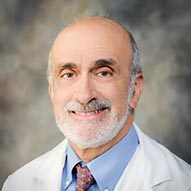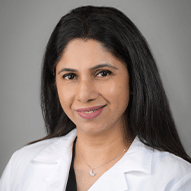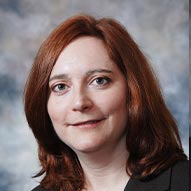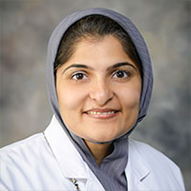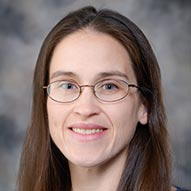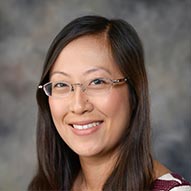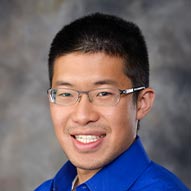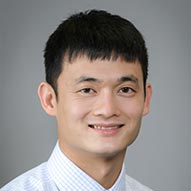Dallas
214-456-5959
Fax: 214-456-5963
Plano
469-303-2400
Fax: 469-303-2407
Park Cities
469-488-7000
Fax: 469-488-7001
214-456-5959
Fax: 214-456-5963
469-303-2400
Fax: 469-303-2407
469-488-7000
Fax: 469-488-7001
Thyroid nodules are growths or lumps in your thyroid gland. Most thyroid nodules are not cancerous; however, in some children, they are an indication of thyroid cancer. These benign masses are usually soft and compressible and are found during a routine examination.
Many children with thyroid nodules do not have any symptoms, so the nodules are initially discovered during a routine physical exam. For those who do have symptoms, they may include:
There are several methods for diagnosing thyroid nodules. Your child’s doctor may use a combination of these methods:
The exact cause of thyroid nodules is unknown. Possible contributors may include:
The treatment of thyroid nodules depending on the growth and development of the mass, the radiology findings, and the biopsy results.
Some nodules with benign pathology may be observed and followed over time.
Other nodules may need to be surgically removed. Surgery includes removing part or all of the thyroid gland. This is recommend if the child <13 year of age, nodules that grow over time, nodules causing difficulty breathing or swallowing, or if the pathology is concerning.
For patients who have had their thyroid gland removed, they may need to take thyroid replacement medication: an oral medication taken after surgery to replace the hormones that your child’s body will no longer be able to produce.
If the mass is cancer, patients may need radioactive iodine treatment. Radioactive iodine treatment involves taking a pill that targets and kills any remaining thyroid tissue left after surgery.
In rare cases chemotherapy or external radiation may be required to treat extensive or residual disease.
